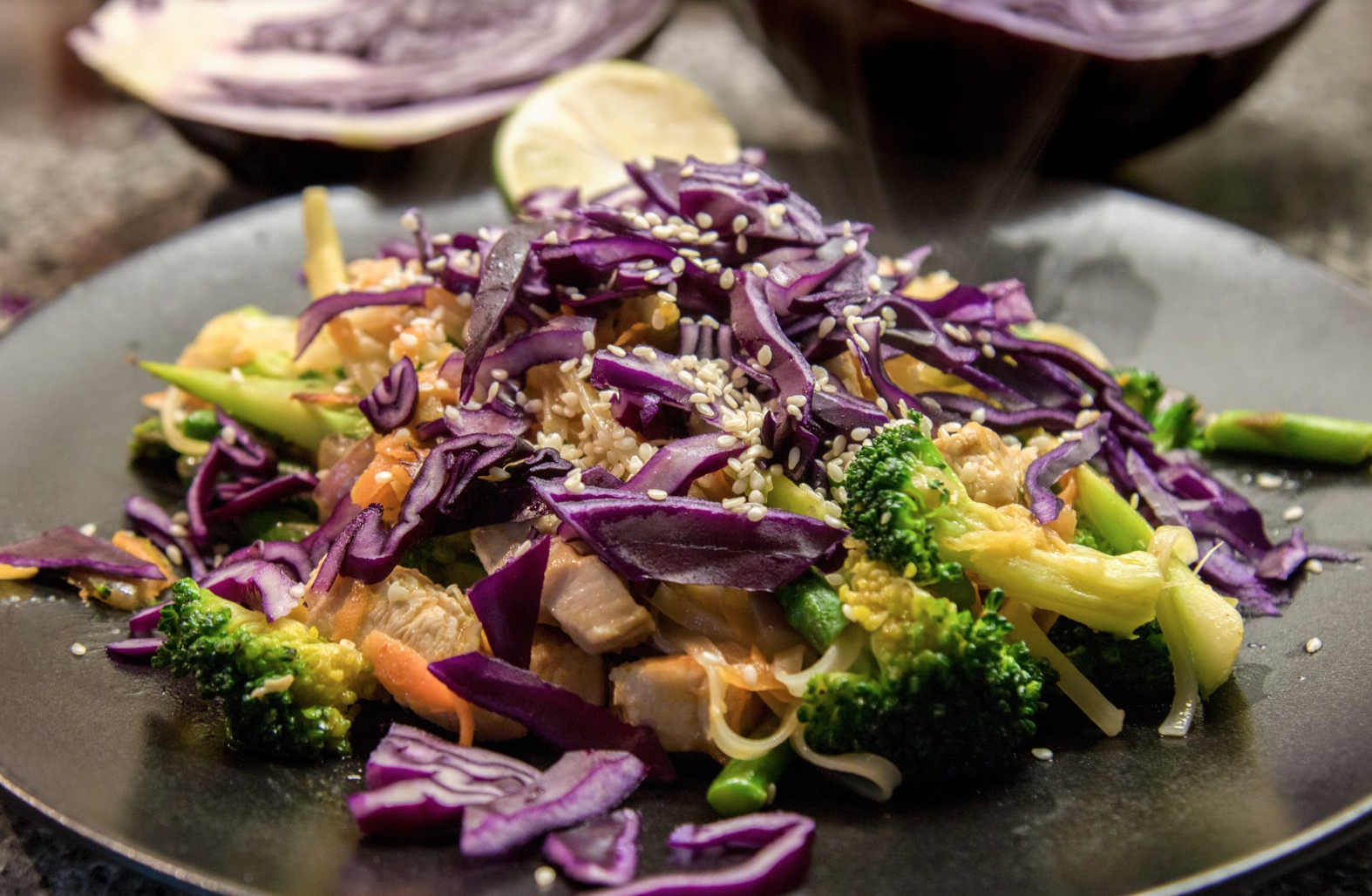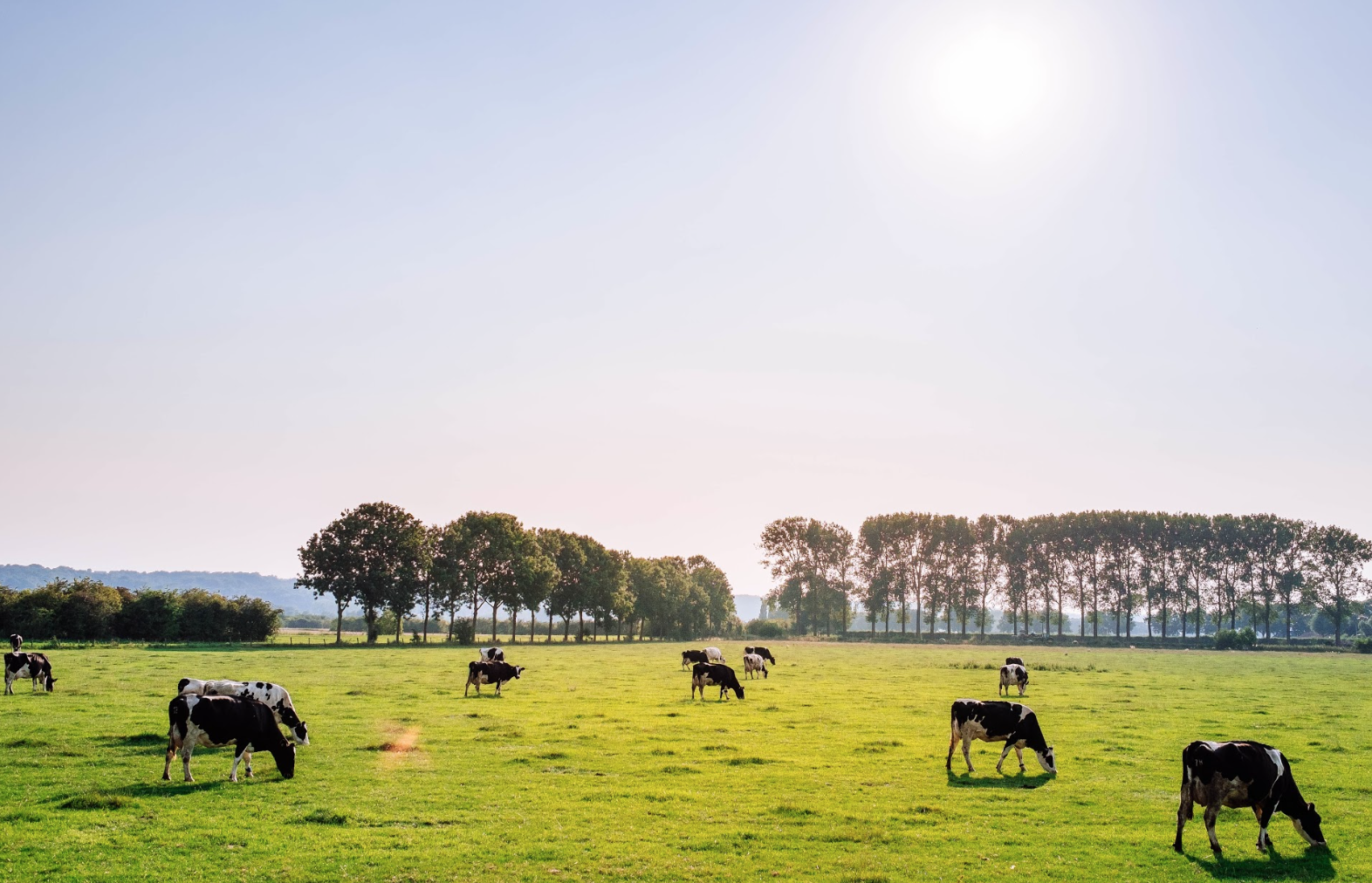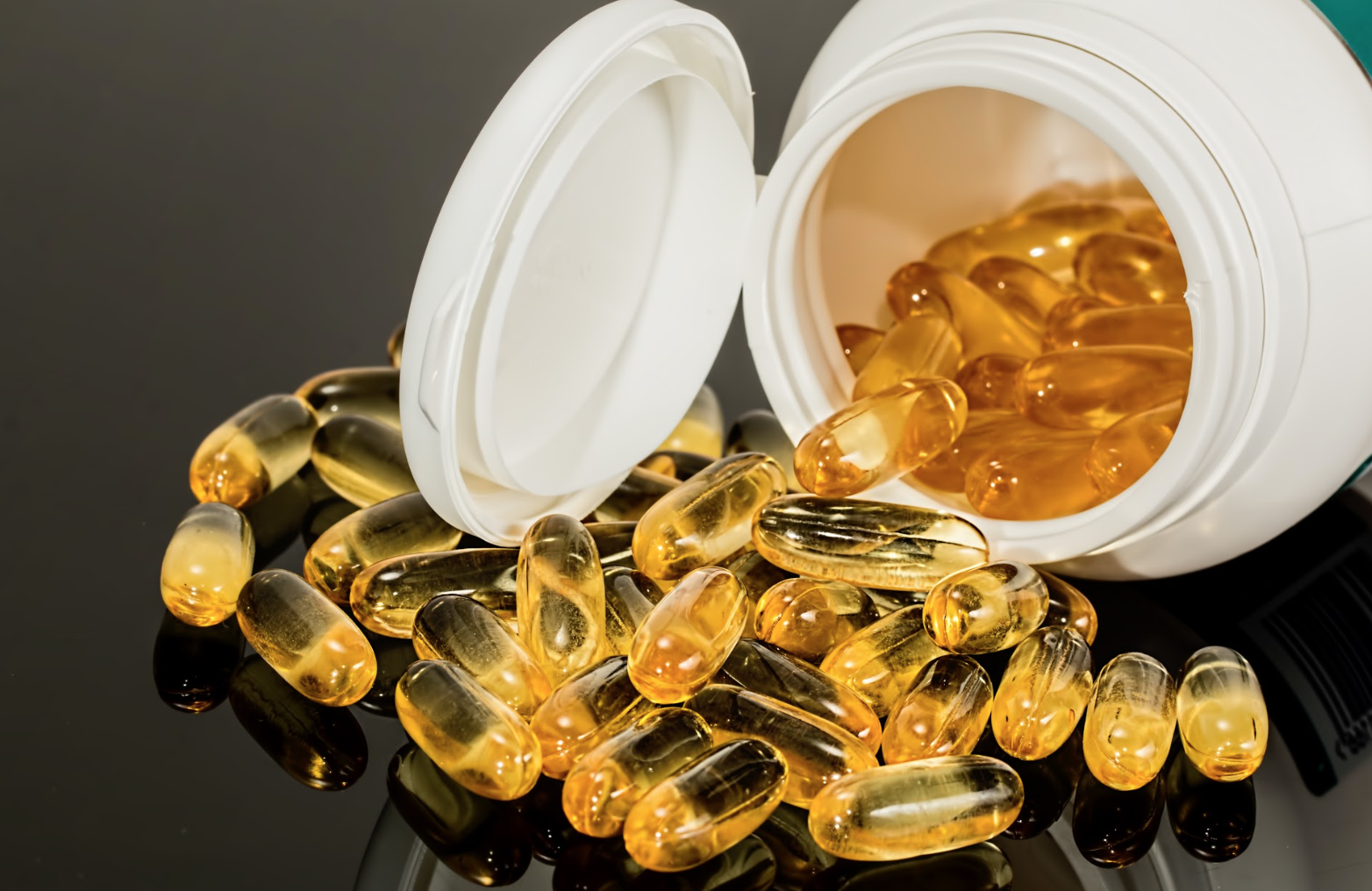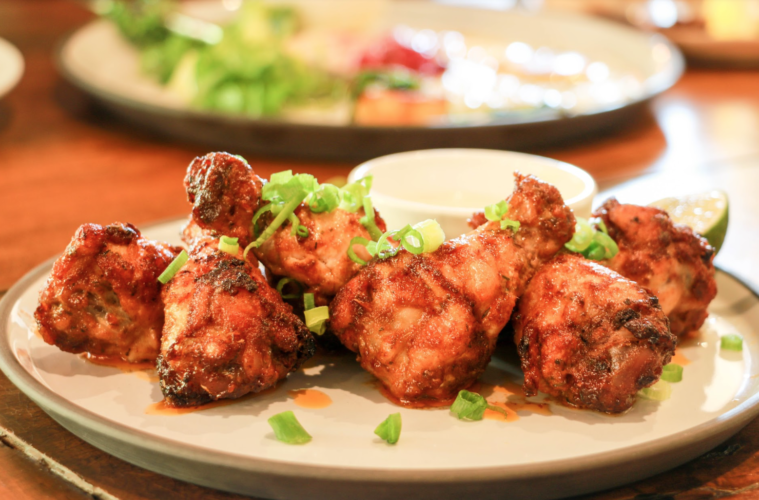Is this uncommon diet right for you?
You’ve likely heard of veganism, vegetarianism, and some other diets. However, a lesser-known diet is the pollotarian diet.
Pollotarian
Also known as pollo-vegetarian, within the pollotarian diet, you may eat poultry but not red meat or pork products. The consumption of eggs and dairy in the diet is optional. Eating fish and/or seafood within this diet is known as pesce-pollotarianism.

Besides poultry, this diet largely revolves around the consumption of plant-based foods, such as vegetables, fruits, whole grains, nuts, seeds, and healthy fats.
What are the Benefits of the Pollotarian diet?
There is currently not much research done regarding the pollotarian diet, thus it is difficult to determine all of the benefits (and drawbacks) of the diet.
The Current Possible Benefits are:
- A decreased heart disease risk
- Weight loss
- Decrease risk of type 2 diabetes
- Lower risk of certain cancers
In addition to health benefits, pollotarianism is also likely good for the environment.
A study found that the production of beef emits around 500% more greenhouse gases and requires 2800% more land and 1100% more water than other livestock!

This research suggests that reducing your consumption of beef products and selecting more sustainable options, like chicken and plant-based foods, would greatly benefit the environment.
What are the Downsides?
You may be at risk of nutrient deficiencies when you follow the pollotarian diet due to the exclusion of beef and pork, though this can be avoided with proper meal planning or supplementation.

Possible nutrient deficiencies you may need to supplement with the pollotarian diet include:
- Vitamin B12
Vitamin B12 can only be consumed through animal products. Thus it is recommended to supplement B12 unless you consume a lot of chicken within your diet.
- Calcium
If you decide not to include dairy in your diet, you may want to take dairy supplements or at least consume plant-based sources of calcium. Some examples include sesame seeds, kale, and whole soy products.
- Omega-3 fatty acids
If you don’t include fish and seafood in your diet, you may not be getting enough omega-3 fatty acids, thus you may need to supplement it. Walnuts, chia seeds, and flax seeds are all plant-based sources of omega-3 fatty acids.
- Iron & Zinc
Lastly, iron and zinc are both found in plant foods but are best absorbed from animal products. While poultry contains both iron and zinc, you may still want to consider supplementation or including plant-based foods that contain these minerals. Some examples include lentils, chickpeas, beans, cashews, chia seeds, pumpkin seeds, kale, and quinoa.
Well, Should You Try the Pollotarian Diet?
That depends on you and your preferences! If you’re someone who doesn’t enjoy eating chicken, then this diet isn’t right for you. However, if you’re looking to become healthier, then the pollotarian diet can be a great alternative to the standard American diet!
If you want to learn about the pescatarian diet, click here!


